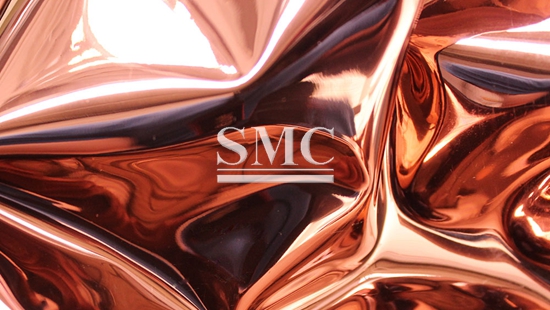
- Company overview The heart of SMC Vision & Philsophy Partnership Certifications Company culture
- Our service Design and Engineering Maintenance and Service Examine Production Line Upgrade and Transformation Storage and Logistics Processing, Trading and Distributor
- Management Our history Global responsibility Info Center
- Procurement center Internship
- Metal Steel Products Stainless Steel Products Aluminum Products Copper Products Galvanized Steel and PPGI Special Alloy Building Material
- Containers ISO Standard Container Equipment Container Storage Container Refrigerated/Reefer Container Offshore Container Container House Tank Container Container Fittings Container Trailer
- Gas Cylinder & Fire Extinguisher Cryogenic Liquid Cylinder Oxygen Gas Cylinder Storage Tank CNG Gas Cylinder LPG Gas Cylinder Hydrogen Gas Cylinder Nitrogen Gas Cylinder Industry Gas Cylinder Fire Extinguisher
- Metal Machinery Forming Machine Cutting Machine Processing Machine Bending Machine Block Machine Other Machinery Motor Spare Parts
- Mechanical Products Miscellany Mooring Equipment Marine Equipment Vehicle Industry Pressure Vessel Conveyor Belt Laser Equipment Bearing
- Electrical System Power Distribution Automation Electrical Cable Solar Power System Electric Protection System Transformer Production Line Lighting System
- Project Plastic Pipes and Pipe Fittings Fiberglass Reinforced Plastic Pontoon System
Throughout the History of Copper Foil III
1950s
In 1955, Yates engineers who developed and designed electrolytic copper foil equipment in Anaconda Company and Dr. Adler were separated from the company and independently established Circuitfoil (CFC, which is later known as Yates). Yates also established a factory to produce electrolytic copper foil in New Jersey, California, and the United Kingdom.
In 1957, Clevite and Gould were also derived from Anaconda. They also began to produce electrolytic copper foil for printed circuit boards. Later, Gould established an electrolytic copper foil factory in Germany (then West Germany), Hong Kong, Ohio, Arizona, and the United Kingdom to supply copper clad laminates and PCBs. In the late 1950s, Gould became the world's largest producer of electrolytic copper foil.
In 1958, Japan's Hitachi Chemical Industrial Co., Ltd. and Sumitomo Bakelite Co., Ltd. (both companies are major CCL manufacturers in Japan) established a joint venture with Japan Electrolysis Corporation. Later, Japan Futian Metal Foil Powder Industry Co., Ltd. (Futian Company), Furu Electric Industry Co., Ltd. (referred to as Furukawa Electric Company), and Mitsui Metals Mining Co., Ltd. (referred to as Mitsui Co., Ltd.) have established electrolytic copper foil production plants. Established the electrolytic copper foil industry for PCBs in Japan. At that time, various copper foil factories in Japan used intermittent electrolysis: using electroforming technology, qing copper plating bath, polar roller for stainless steel, and electrolytic copper as soluble. This inefficient production method can produce several thousand pieces of thin copper pieces per month in Japan.

In the 1960s, PCBs have gradually spread to various fields of the electronics industry, and the demand for copper foil has grown rapidly. According to experts from China Epoxy Resin Industry Association, in 1968, Mitsui introduced the technology of continuous electrolytic copper foil production from Anaconda Company of the United States, and produced such electrolytic copper foil in the factory in Shangwei Town, Saitama Prefecture.
Furukawa also introduced copper foil production technology from CFC in the United States. The copper foil production plant established by Furukawa Electric Co., Ltd. in Tochigi Prefecture, Japan, was completed in 1972. In addition, the Japanese Electrolytic Company and Fukuda Corporation (Fukuda) established the industrial electrolytic copper foil production in the 1970s by using the technology of continuous electrolytic copper foil developed by the company and the copper foil surface treatment technology. In Japan, several copper foil factories in the technology and production, in the early 70s, have made great progress.
Shanghai Metal Corporation is a trusted aluminum alloy, aluminum foil price, stainless steel price and stainless steel manufacturer, kinds of stainless steel in china.
For our full list of products that we offer check out our website here. Be sure to join the conversation in our LinkedIn group, Facebook, Twitter .
Try also our WeChat by scanning the QR code below.
Shirley N.//SMC Editor

